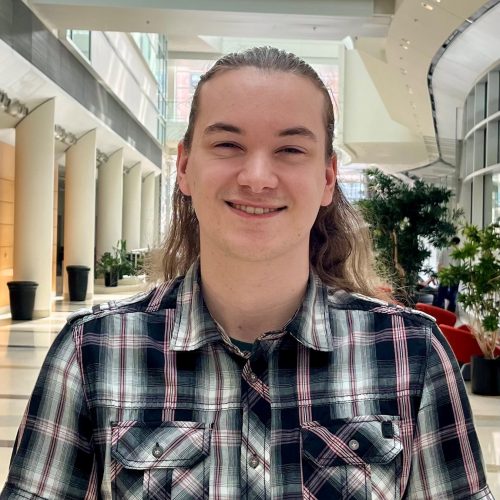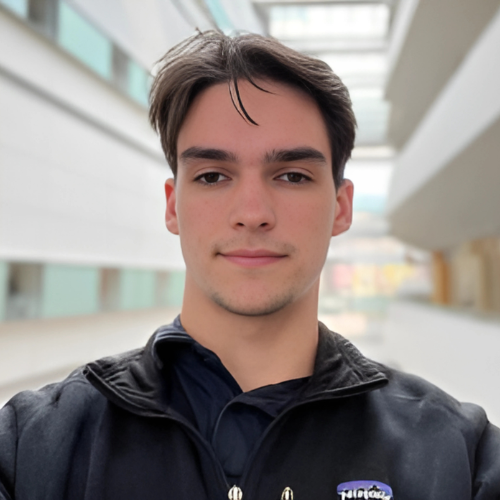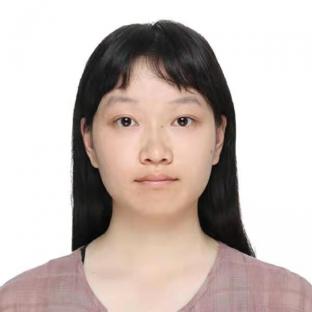Lab Members

Principal Investigator

Swathi Yadlapalli
Associate ProfessorResearch Overview
The focus of my lab is discover the cellular and molecular mechanisms controlling circadian rhythms, using Drosophila as our model organism.
In my lab, we have developed several novel cell biological approaches that enabled, for the first time, studies of clock protein, mRNA, and gene localization and dynamics in live clock neurons in intact organisms.
My lab has made three key discoveries that have redefined our understanding of how circadian rhythms are regulated at the cellular level: 1) Clock proteins are dynamically sequestered away from chromatin into membrane-less condensates at the nuclear envelope to facilitate gene repression, 2) clock genes are clustered and positioned near the nuclear envelope, dependent on the Lamin B Receptor, 3) a specific intron in timeless mRNA undergoes post-transcriptional splicing at nuclear speckles, mediated by the RNA-binding protein qkr58E-2, introducing a critical time delay necessary for generating ~24-hour circadian rhythms. These findings highlight the complex spatiotemporal mechanisms that govern circadian rhythms.
Research Technicians

David Brooks
Research Laboratory Tech AssocDavid Brooks is a Research Laboratory Technician Associate in the Yadlapalli Lab. He earned his B.S. in Neuroscience from Michigan State University. As a new technician, David is not currently pursuing independent research projects of his own; however, he has a broad interest in the lab’s work to determine the effects of both environmental and genetic factors on Drosophila circadian clock neuronal structure and function. Currently, he is focused on investigating how various genetic alterations influence circadian rhythms and neuronal architecture.

Rafael De Gouvea
Research Laboratory Technician
Gabriel Gaviria
Research Laboratory Technician AssociateGraduate Students

Qianqian Chen
Graduate StudentQianqian Chen is a PhD Graduate Student in the Yadlapalli Lab and is pursuing her Ph.D. in Cell & Developmental Biology at the University of Michigan Medical School. She received her B.S. from Zhejiang University. Qianqian’s research focuses on the spatiotemporal regulation of gene and protein expression in circadian clock neurons. Her work aims to shed light on how precise regulatory mechanisms within these neurons contribute to circadian rhythms and overall organismal health.

Amanda Linskens
Graduate StudentAmanda Linskens is a current PhD Graduate Student in the Yadlapalli Lab. She earned her B.S. in Biochemistry from the University of Oregon, where she also conducted undergraduate research in Dr. Chris Q. Doe’s laboratory. Amanda’s research broadly focuses on understanding how Drosophila sense and adapt to environmental temperature changes at the molecular level, with particular emphasis on the role of RNA processing in this adaptation. By investigating how temperature influences alternative splicing within the circadian clock, her work aims to uncover fundamental mechanisms that enable physiological resilience across different species.

Yangbo Xiao
Graduate Student
Ye Yuan
Graduate StudentAlumni
Neeraj Soni, Postdoctoral Scholar
Christopher Wilson, Undergraduate Student
Gabriel Gaviria, Research Laboratory Technician Associate
Mariana Jimenez, Lab manager, 2018 – 2019
Koustubh Vaze, Research Lab Specialist Intermediate, 2018 – 2019
